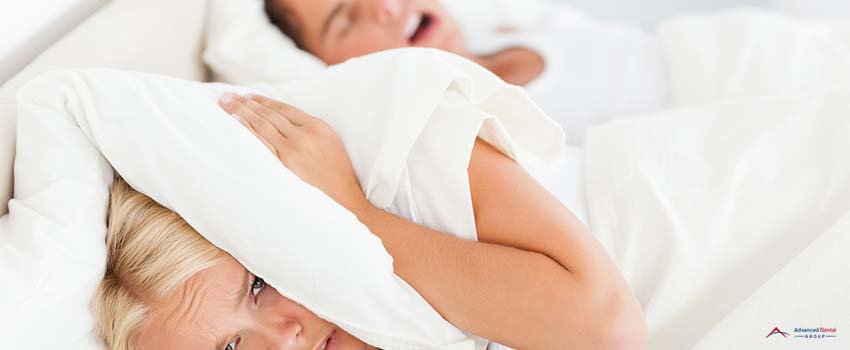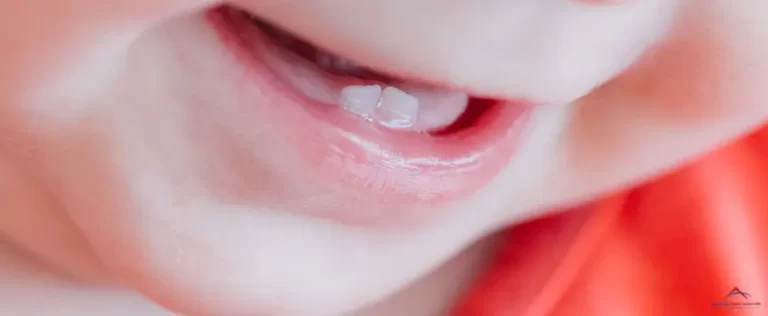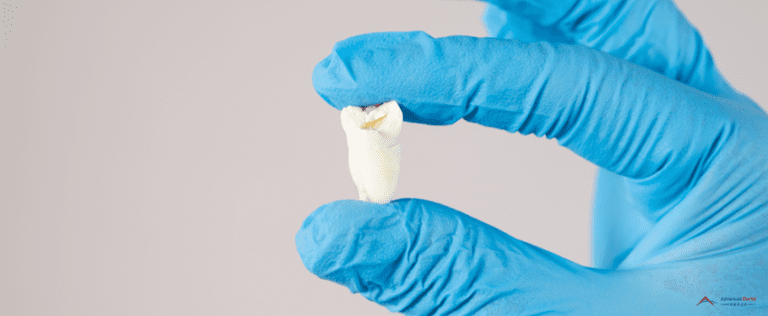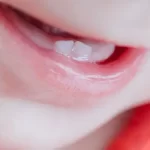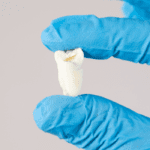Summer is all about fun and relaxation with your loved ones. It’s the time of year when you dive into cool waters, spend afternoons grilling in your backyard, and participate in many outdoor activities. Unfortunately, it can also affect sleep apnea patients, making their symptoms worse.
What Makes Sleep Apnea Worse During Summer
Summer is a double-edged sword; it makes our days brighter and gives us more time to spend at leisure, but it also worsens sleep apnea due to:
More Allergen Exposure
Spending more time outside means prolonged exposure to allergens. Sleep apnea patients with allergies experience nasal congestion that makes breathing harder at night and worsens sleep apnea symptoms. Bring allergy medications to help prevent your symptoms from worsening.
Fewer Hours of Sleep
Summer brings lots of sunlight to our days; but also makes our nights shorter. This can cause your circadian rhythm to shift and disrupt your sleep-wake cycle, resulting in fewer hours of sleep.
Warmer Nights
All people experience sleep disturbances in the summer, but it’s worse for patients with sleep apnea because of the heat and humidity that worsen symptoms. Warmer nights can wake you up more often throughout the night, affecting your sleep quality. It also prevents your body from reaching 65 degrees Fahrenheit, the ideal temperature for sleeping.
More Travelling
Summer gives you more time to spend with your children to go travel and go on vacations. Using your CPAP machine every night, even on vacations, will help keep you rested, alert, and ready for more adventures. Just don’t forget your sleep apnea device or skip using it for a few nights; otherwise, your symptoms will worsen over the next few days.
Travelling also affects sleep because of the constantly changing time, place, and bed. Try to stick to the same sleep routine you do at home for some familiarity and consistency.
How To Get Better Sleep During Summer
You can’t control the extra daylight and some activities, but you can control the factors influencing your sleep. Here are some steps you can take to ensure you have a good night’s rest:
Reserve time for relaxation.
Enjoying tons of summer activities is good, but make sure you still take time to relax before going to bed. You can try limiting your screen time and trying some relaxing activities like reading, arts and crafts, or playing an instrument to wind down.
Limit sun exposure in the evenings.
Some places get more sunlight than most, to the point they still have the sun up late into the evening. This can delay your body’s release and production of melatonin, the hormone that controls your sleep cycle. Limiting the amount of time you spend in direct sunlight will help increase your chances of a restful night.
One way to limit your sun exposure, especially in areas where the sun is still up until 10 pm, is to use blackout curtains. Draw the curtains and begin your sleep routine two hours before bed. You may also wear some sunglasses if you have to step out of your home.
Create a comfortable environment that promotes sleep.
Make sure your bedroom is cool and dark for a peaceful sleep. You can start by cooling down your room. 68°F is the ideal temperature for sleeping, so turn on your air conditioning to reduce the heat, humidity, and allergy symptoms at night.
Keep the early morning sun out of your room with blackout curtains or a black shower curtain if you’re trying to save money.
Fans are also your summer best friend. Aside from cooling down your room, they also create white noise that may relax you, especially if you live in an area with lots of noise.
Lastly, wear pajamas and bedding made of light and breathable materials like linen to keep you from sweating too much.
Treatments for Sleep Apnea
Rising global temperatures make sleep apnea treatments necessary for good quality sleep. You might enjoy summer better when you use sleep apnea treatments like:
Oral Appliances
CPAP was once the only sleep apnea treatment available for patients. Now, they have access to simpler, less invasive options like a custom-made oral appliance or sleep apnea mouth guard. They reposition your lower jaw and tongue, which opens up your airways. They are also portable and light, so you can easily bring them on your next trip.
You can also use an oral appliance or sleep apnea mouth guard with a CPAP machine to make it easier to tolerate and provide maximum relief for patients with moderate to severe sleep apnea.
Continuous Positive Airway Pressure (CPAP)
The first treatment most sleep apnea patients experience is Continuous Positive Airway Pressure (CPAP). Patients use a CPAP machine connected to a mask they wear, covering the nose, mouth, or nostrils. The sleep apnea machine blows air into the patient’s lungs, making them less likely to close as they sleep.
CPAP is the standard treatment for sleep apnea; however, not many use it as much as they should.
Other ways to manage sleep apnea include:
- Avoiding alcohol and certain medications – Sleep apnea patients should avoid taking alcohol or sedatives before bed. They can relax the muscles associated with sleep apnea, resulting in increased symptoms.
- Changing sleeping positions – Sleeping on your back increases the risk of experiencing severe sleep apnea symptoms. Changing sleep positions with positional therapy trains patients from sleeping on their stomachs.
- Throat exercises – Also known as oropharyngeal exercises, throat exercises repeatedly move the throat, soft palate, and tongue to decrease the severity of sleep apnea symptoms.
- Stopping smoking – Smoking increases the risk of developing sleep apnea.
- Losing some weight – Research has shown that losing weight can improve sleep apnea symptoms for many people. Medical experts may recommend diet and exercise to obese patients with sleep apnea.
Keep sleep apnea at bay this summer with Advanced Dentistry Group.
Consulting your dentist or doctor is the best way to help treat sleep apnea. Our partner dentists in Dillon, CO, can help you find the best oral appliance to relieve sleep apnea. They can also advise you on other ways to improve your sleep apnea symptoms or provide recommendations on where to take a sleep apnea test. Start your journey to restful summer nights and call us today.
